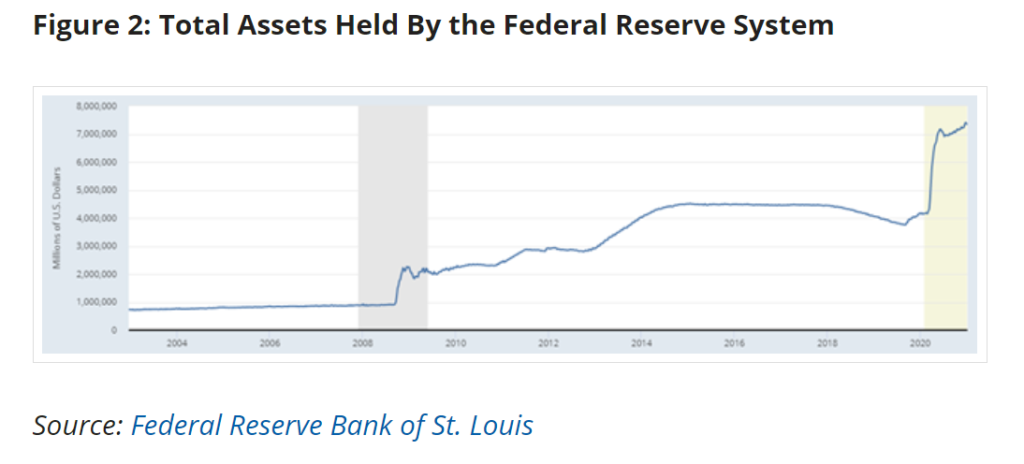Excerpt:
Cuomo aides kept nursing home death numbers quiet. A damning new report from The New York Times suggests Gov. Andrew Cuomo’s office knew as early as last June how deadly the governor’s plans were proving for nursing home residents, but still concealed this information from the public.
Early in the pandemic, Cuomo had ordered that nursing homes could not reject patients from returning to those facilities after testing positive for COVID-19 and being hospitalized. He also barred the deaths of COVID-19 patients transferred from nursing homes to hospitals after catching the virus from being counted among nursing home COVID-19 deaths.
Author(s): ELIZABETH NOLAN BROWN
Publication Date: 5 March 2021
Publication Site: Reason



